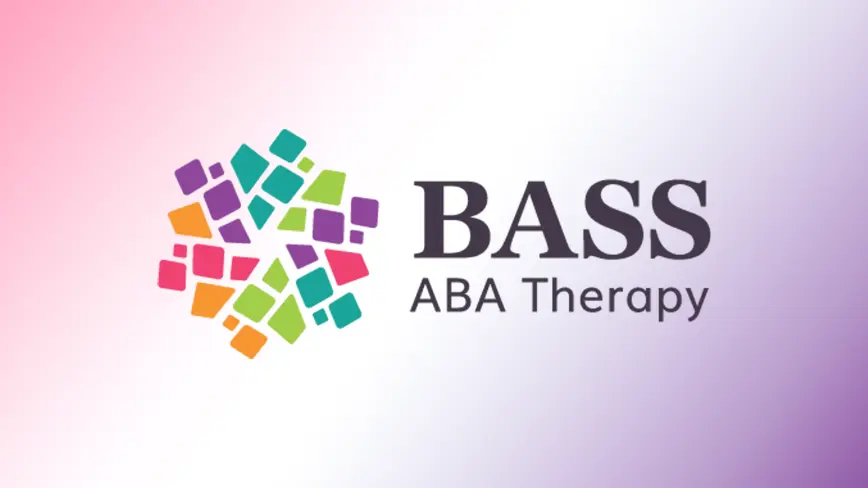Acceptance and Commitment Therapy (ACT) is an effective therapeutic approach for increasing psychological flexibility and improving quality of life. Human behavior is complex. There are often private events that impact behaviors. Clinicians can use ACT with individuals with autism spectrum disorder (ASD) to guide a whole-person approach to care by evaluating and supporting learners in facets beyond just what others can observe. CentralReach, the leading provider of ABA and multidisciplinary care solutions, is committed to offering tools to integrate innovative therapies that enhance outcomes for individuals with autism and IDD.
Understanding Acceptance and Commitment Therapy
Acceptance and Commitment Therapy is a treatment approach that targets internal events. It is based on the principles of behavior analysis and weaves in strategies like mindfulness, acceptance tactics, and committed values-aligned actions. The ultimate goal of ACT is to increase psychological flexibility, allowing the client to live the most fulfilling life possible. Individuals with autism can learn to better manage their thoughts, emotions, and behaviors with ACT techniques.
The six core principles of ACT are:
- Acceptance
- Cognitive Defusion
- Present-moment awareness
- Self-as-context
- Values
- Committed action
Clinicians use each of these principles in conjunction with one another to help their clients live a life aligned with their individual values. We’ll explore each of these concepts in more detail below.
Exploring Acceptance and Commitment Therapy (ACT)
Psychologists, behavior analysts, and other clinicians trained in ACT employ strategies aligned with the six principles known as the ACT Hexaflex to improve mental and emotional well-being. The therapeutic process can differ depending on the individual’s unique needs and abilities. Many clinicians utilize ACT in a traditional talk therapy format. Behavior analysts are also increasingly incorporating the principles of ACT into ABA therapy sessions and caregiver training.
Acceptance and Commitment Therapy involves therapeutic strategies targeting the following six components.
Gain valuable insights on ACT and explore actionable strategies in this webinar: Ready to ACT? Incorporating Acceptance and Commitment Training into Your Clinical Practice
Highlighting ACT Benefits
Using ACT with individuals with autism can provide many benefits, including:
- Improved emotional regulation
- Promoting effective coping skills
- Increased flexibility and adaptability to change
- Decreased anxiety
- Improved self-advocacy
- Increased self-awareness and confidence
- Reduced cognitive fusion (an over-attachment to one’s thoughts that leads to rigid thinking)
- Enhanced social skills
- Reduction in harmful or interfering behaviors
- Improved overall quality of life
People with autism often experience rigid patterns of thinking that can cause emotional distress and challenging behavior. They also experience the sensory world differently, which can impact their behaviors, increasing anxiety and emotional dysregulation. By learning to accept and defuse internal events and engage in the present moment, they can develop the skills necessary to overcome these challenges. Furthermore, exploring their values and learning how to live within them by engaging in activities that promote those values can help them live a more fulfilling life doing the things that bring joy and a sense of purpose.
Posted in Clinical, Practice Management
You may also like...
Related information and stories
How ACT & ABA Therapy Work Together to Enhance Autism Patient Outcomes
Acceptance and Commitment Therapy (ACT) has gained traction within the Applied Behavior Analysis (ABA) field in recent years-And for good reason. ACT helps ABA clinicians foster psychological flexibility in their…
Continue ReadingEthical AI Integration in ABA: Navigating the Future of Possibility
As behavior analysts, we find ourselves at a curious choice point. Artificial Intelligence (AI) is rapidly transforming industries across the board, and Applied Behavior Analysis (ABA) is no exception. But…
Continue ReadingInnovative Applications of AI in ABA and Multidisciplinary Services
AI is revolutionizing the way services are delivered in Applied Behavior Analysis (ABA) and multidisciplinary care. From optimizing schedules to enhancing documentation, AI technologies are enhancing efficiency, effectiveness, and overall…
Continue Reading






